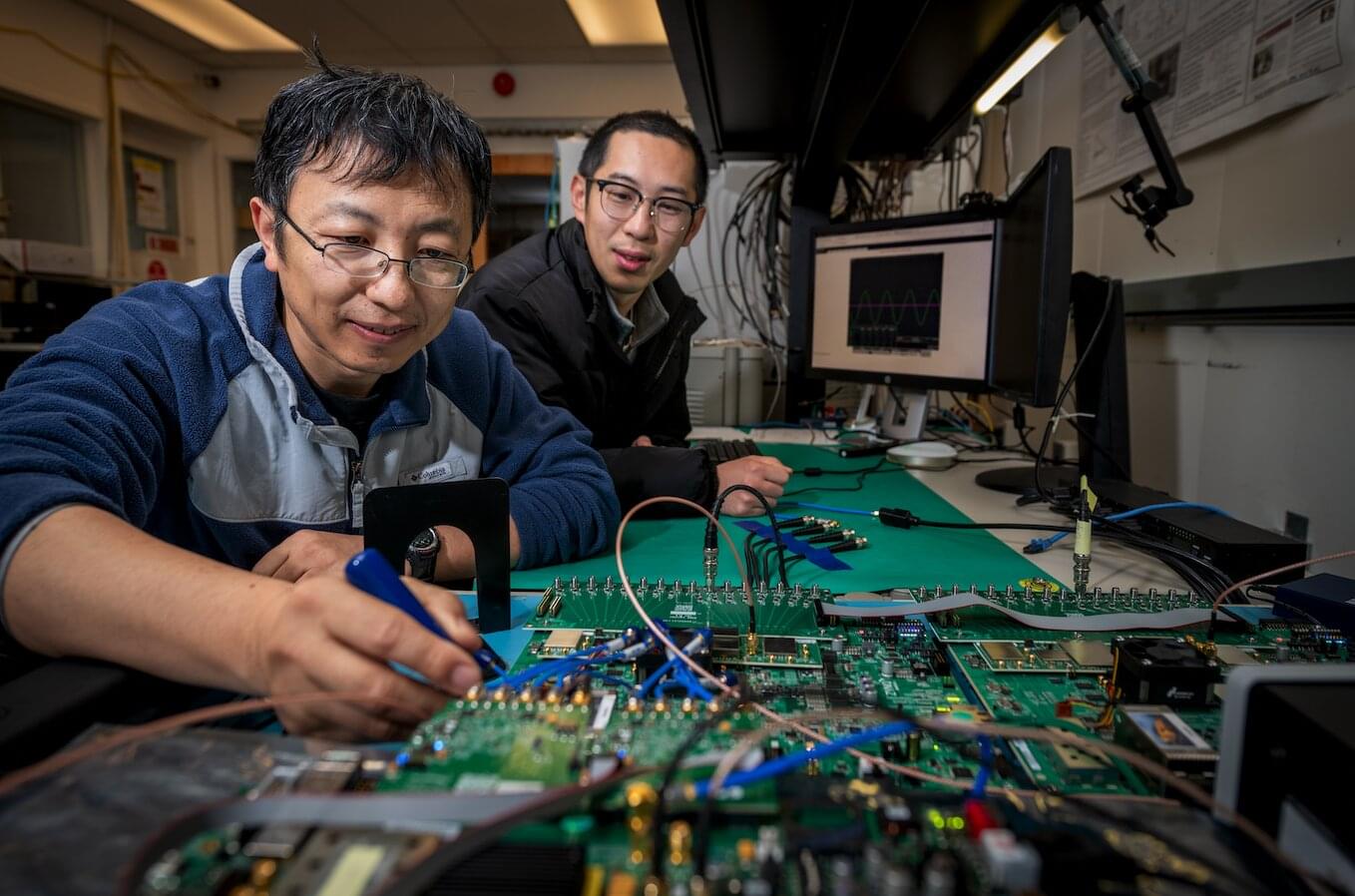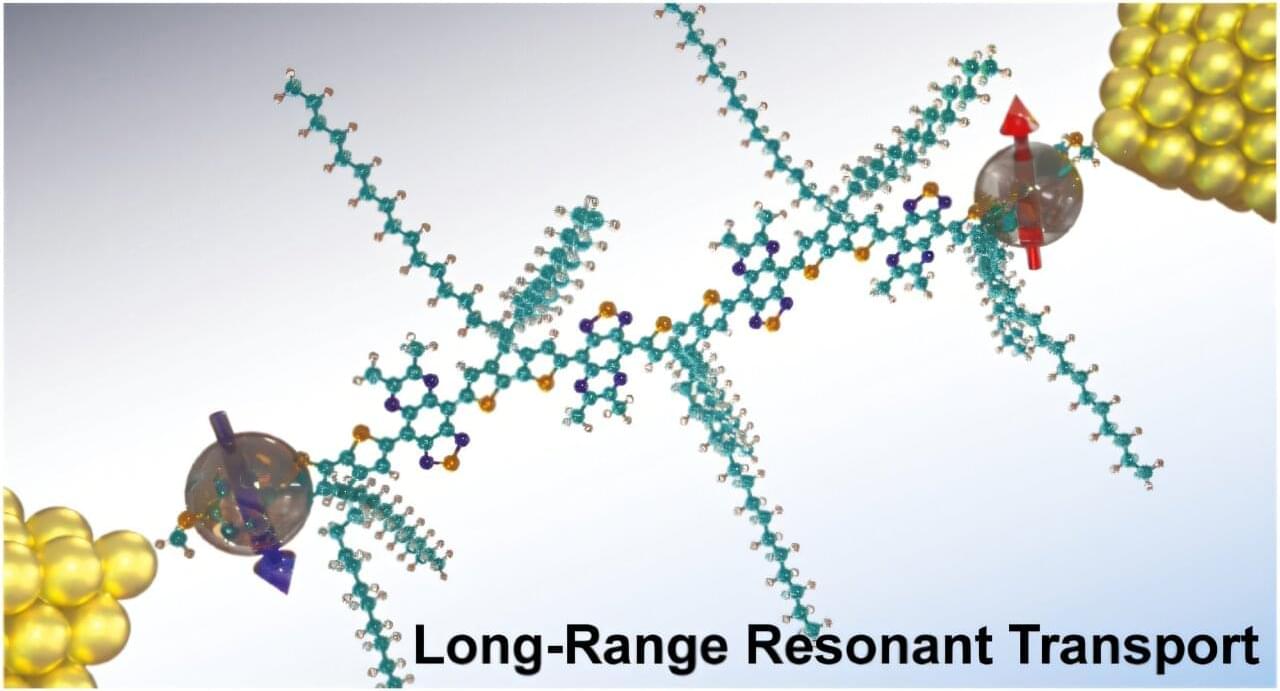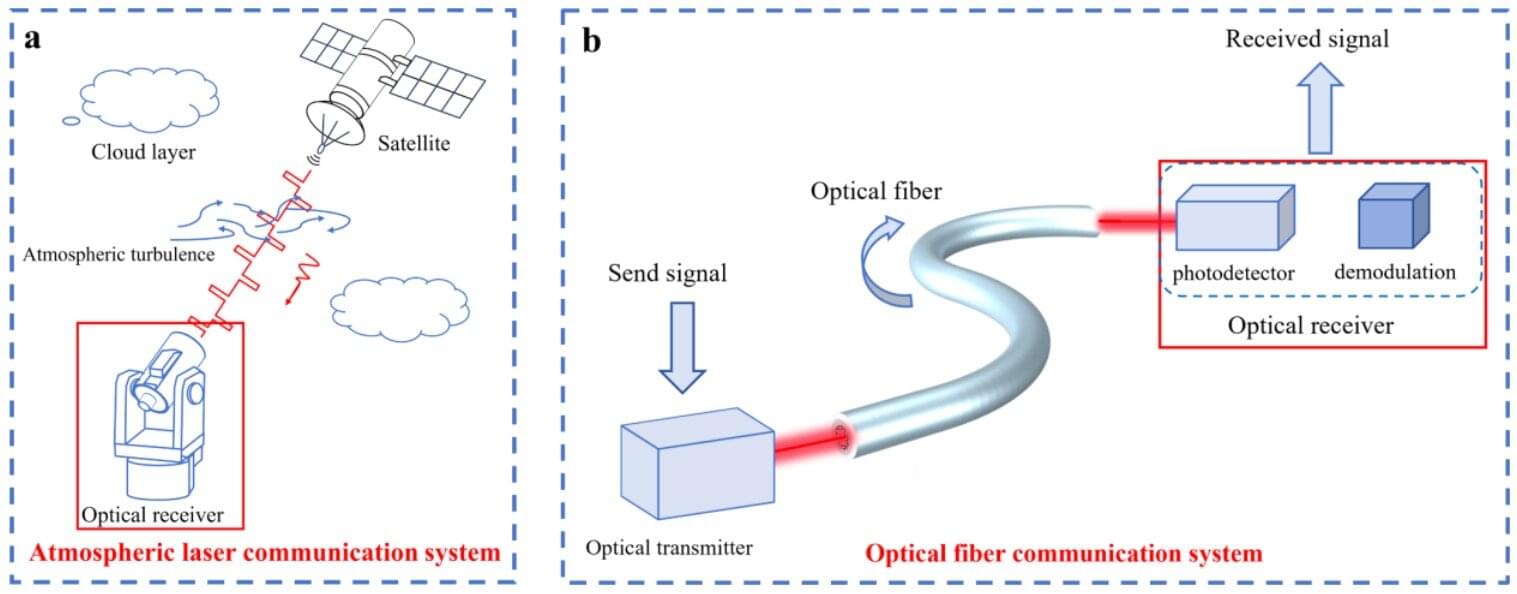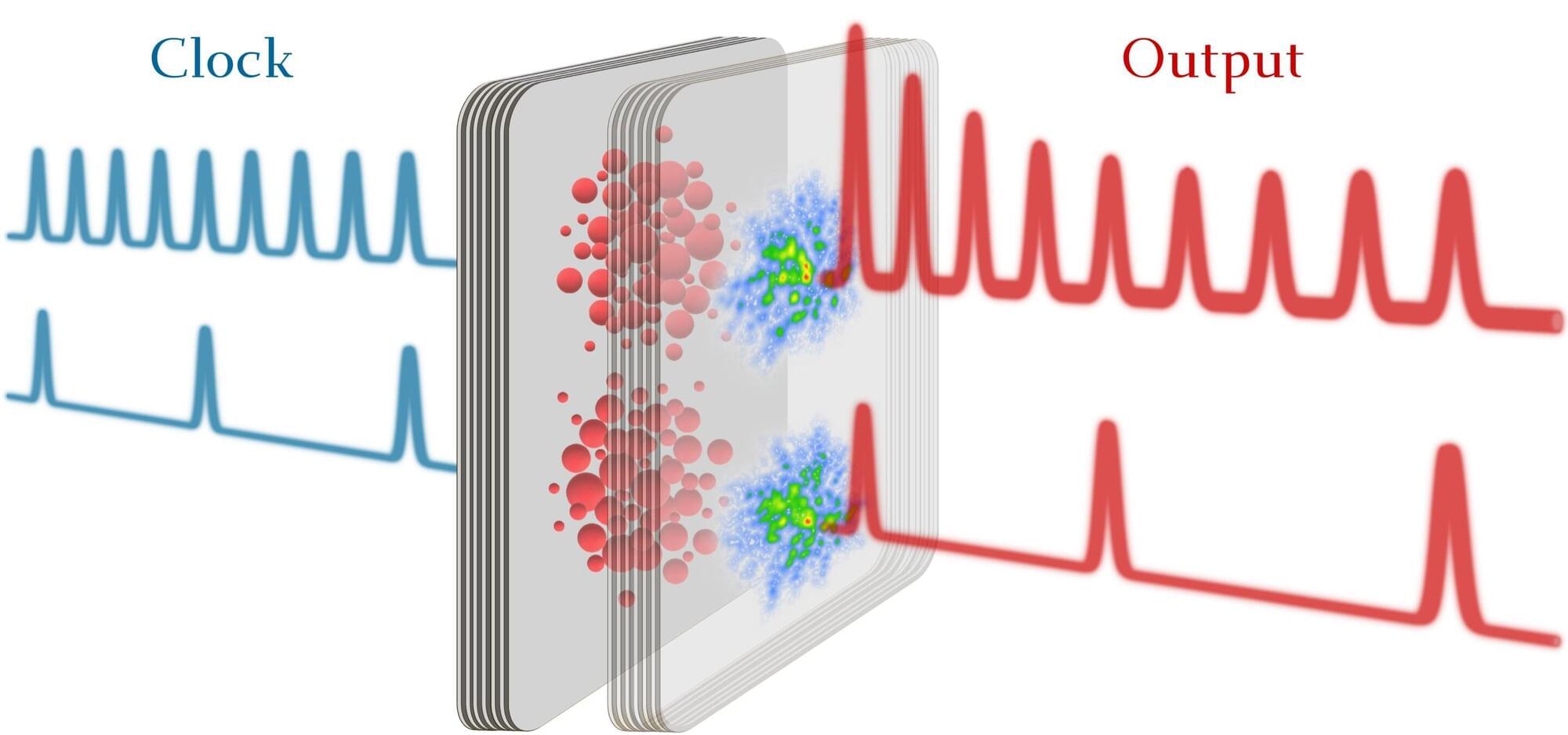Interdisciplinary teams across the Quantum Systems Accelerator (QSA) are using innovative approaches to push the boundaries of superconducting qubit technology, bridging the gap between today’s NISQ (Noisy Intermediate-Scale Quantum) systems and future fault-tolerant systems capable of impactful science applications.
QSA is one of the five United States Department of Energy National Quantum Information Science (QIS) Research Centers, bringing together leading pioneers in quantum information science (QIS) and engineering across 15 partner institutions.
A superconducting qubit is made from superconducting materials such as aluminum or niobium, which exhibit quantum effects when cooled to very low temperatures (typically around 20 millikelvins, or −273.13° C). Numerous technology companies and research teams across universities and national laboratories are leveraging superconducting qubits for prototype scientific computing in this rapidly growing field.







